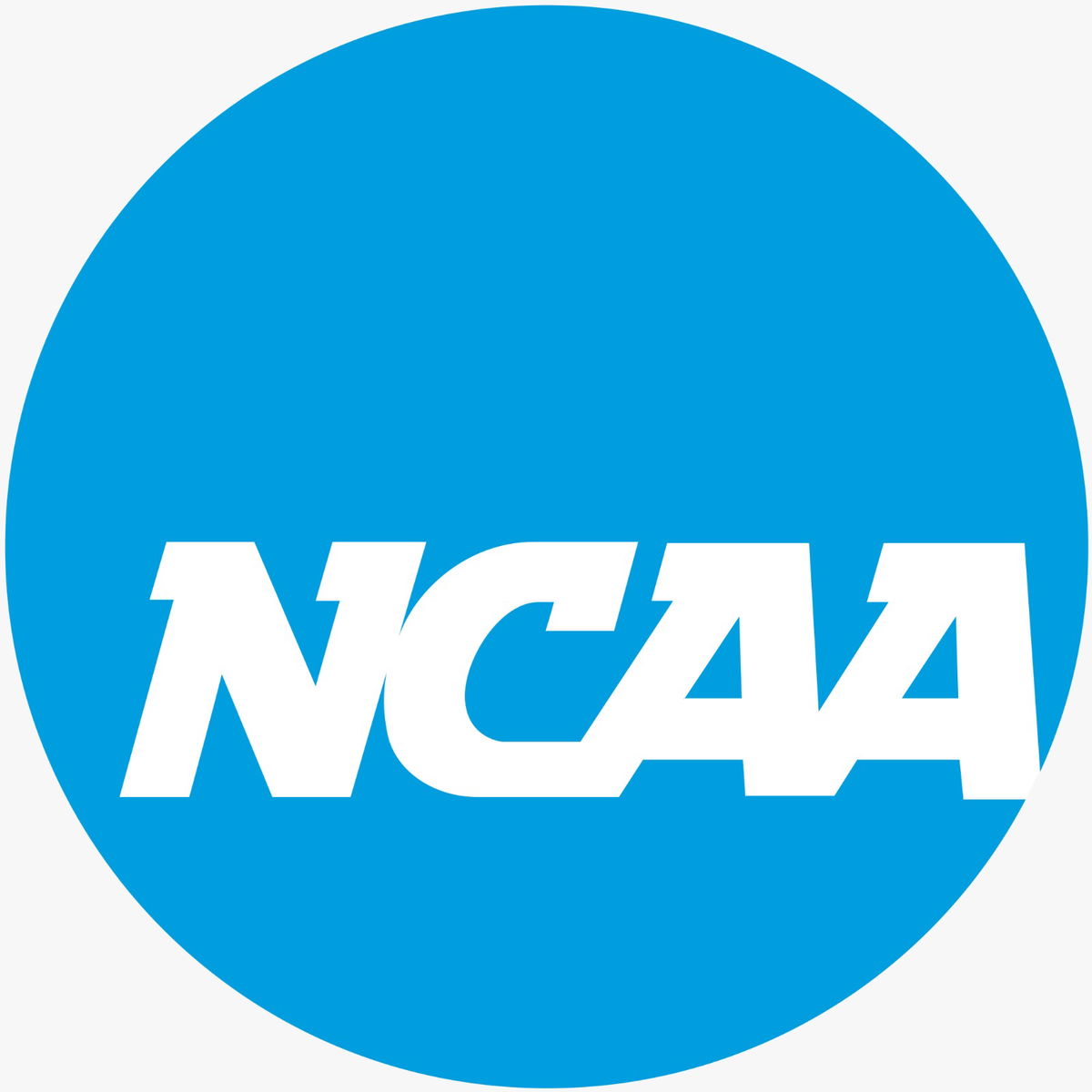
Imago
Credit: Imago

Imago
Credit: Imago

Imago
Credit: Imago

Imago
Credit: Imago
Federal judge, Clifton Corker delivered a touchdown for the college athletes with a preliminary injunction on Friday that challenged the NCAA’s restrictions on the NIL rules. Even though initially Corker was serving as a judge on the United States District Court for the Eastern District of Tennessee, since 2019, he has transformed his role as a federal magistrate.
Watch What’s Trending Now!
In contention with the NIL rules, the magistrate brought forward his claim pointing out that the NCAA’s prohibition on student-athletes with ongoing NIL deal negotiations infringes upon federal antitrust laws. With this, Corker pointed out that while the NCAA is open towards student-athletes earning profit from their NIL, often they fail to confirm the timing of the agreements undermining the preservation of amateurism. Lawyer, Clay Travis shared the insights about the order on Twitter.
The states of Tennessee and Virginia just pimpslapped the NCAA into oblivion. Court grants their TRO’s, says any attempt to restrict NIL by the NCAA is impermissible pending a likely finding of antitrust violations. The NCAA is dead. pic.twitter.com/NcOqGFihia
— Clay Travis (@ClayTravis) February 23, 2024
As per the reports, Judge Corker submitted his ruling on February 13, after the preliminary injunction that was placed on January 31 after the attorney general of Tennessee Jonathan Skrmetti and Virginia sued the NCAA. Corker’s order stated, “Agreements between NIL collectives and student-athletes are undoubtedly commercial transactions. It necessarily follows that NCAA rules restricting negotiations of those agreements are also explicitly commercial in nature.” The injunction is going to have a seismic shift within the NCAA and would impact their authority.
NCAA’s road ahead for NIL
With the University of Tennessee currently embroiled in an NCAA investigation, Corker’s ruling has paused the NCAA’s ability to enforce NIL rules across all schools. Besides, the NCCA’s reputation has been tarnished by at least six antitrust lawsuits that they are currently facing. Previously, only the enrolled athletes had the liberty to engage in NIL deals. However, Corker’s injunction may result in disruption of the status quo that would rob the NCAA of its autonomy to make player-centric decisions in the future.
Questioning the association’s classification of NIL collectives that are designed to raise and distribute funds as boosters and claimed to cause irreparable harm to athletes will further challenge NCCA’s reliability. Drawing from this, the judge’s decision emphasizes the need for a free market where student-athletes will be in a position to understand and negotiate their true value. In that case, the body will have no value in exercising their free will on the players.
With their authority at stake, it is to be seen whether the NCAA pleads to the court to reclaim their command of the student-athletes. As the court case unfolds, it sets the stage for a more equitable balance between the rights of the athletes and the commercial aspects of college sports.





